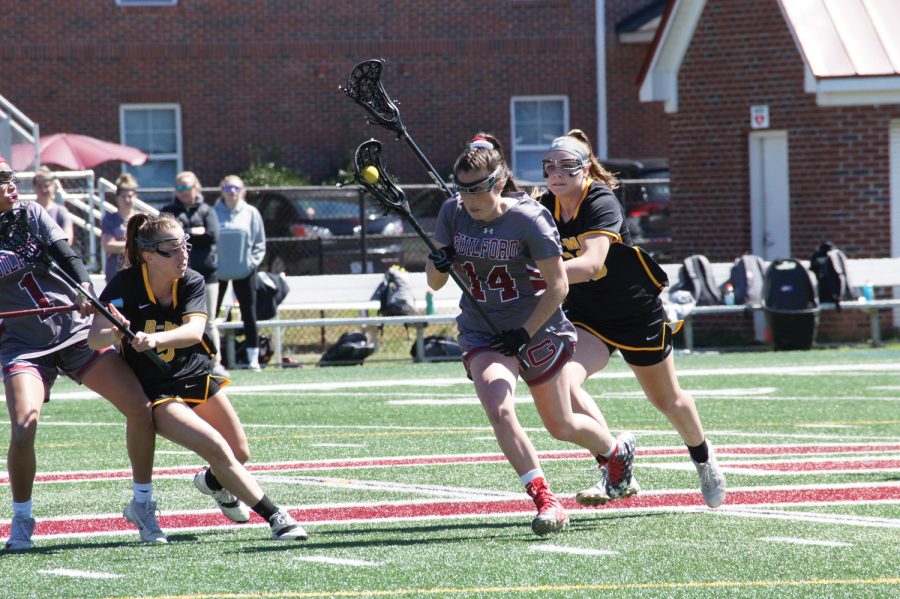From the earliest skirmishes to the most devastating wars, one thing has remained constant throughout most of human history: nationalism.
The cause of almost all international conflicts, it is seeing resurgence around the world, especially in the West.
In the United Kingdom, the majority of citizens voted to leave the European Union. In the United States, Donald Trump is a close competitor for the office of president. And in other nations like Germany and France, nationalistic parties have started cropping up.
“Nationalism is happening because people feel threatened not just by globalization but by the flow of people,” said Professor of Political Science Ken Gilmore. “It’s in simple ideas like ‘these strange people are moving in who don’t look like me’ or ‘they are not Christian’ or ‘I’m losing my job because my company shipped it to India or China.’
“People feel unsettled that their way of life is being threatened by people who don’t share their ethnic or national background.”
But nationalism does not always equate to xenophobia. Nationalism is the fine line between patriotism and intolerance. And as such, it can be used as a tool of cohesion.
“Nationalism is critical to the formation of any stable government,” said Assistant Professor of Political Science Robert Duncan. “You become people of a single nation, no longer of a single tribe or religion. That coalescing of all the people of a region in a single identity, as that nation, overpowers the individual wants. “(The absence of nationalism) is why is the Middle East is so screwed up. You have these opposing groups, and there is no commonality, no sense of nationalism. You are a Sunni Syrian or a Shia Syrian, but you’re not a Syrian Syrian.”
This cohesion found in nationalism is created through either pride for the nation or through solidarity against an “outside” group. This second form of nationalism is the most dangerous. “Nationalism weds this idea of a nation, which can be based on ethnicity, cultural understandings and so forth,” said Gilmore. “Nationalists argue ‘this is what our nation is,’ and you’re not adhering to that definition. They use these really wonderful values to discriminate against individuals who are not doing what we think they should be doing.”
For example, Mayor Marc Etienne Lansade of Cogolin, France, recently banned a form of Muslim swimming clothing, the burkini.
“If you don’t want to live the way we do, don’t come,” he said.
In another case, Beatrix von Storch, Deputy Leader of Alternative for Germany, a rightwing German political party, said “Islam is a political ideology that is not compatible with the constitution.”
In the end, nationalism is a fluid concept, changing with time, wars, migrations and other factors.
“A nation is this idea in your head of who’s us,” said Gilmore. “It’s a physiological term. It’s not a fact. Nations can change, just like our definition of freedom changes.
“The thing with nationalism is that it weds this idea of a nation with this idea of sovereignty, which is the ownership of our state and the ability to govern ourselves, making the rules regarding who gets to live within our sovereign state.”
This form of nationalism may have explosive results.
“When nationalism is on increase, it tends to get tied with violence,” said Associate Professor of Political Science Maria Rosales.
Nationalism is in fact becoming increasingly more prevalent. For instance, the National Front, a French nationalistic party, received 24.86 percent of the vote in the 2014 parliamentary election and Donald Trump currently polling close to 50 percent U.S. voters. This trend is not expected to slow down.
According to Rosales, no one knows for sure why nationalism is on the rise. However, one thing is almost certain, the next few months will be critical to the development of global security.










